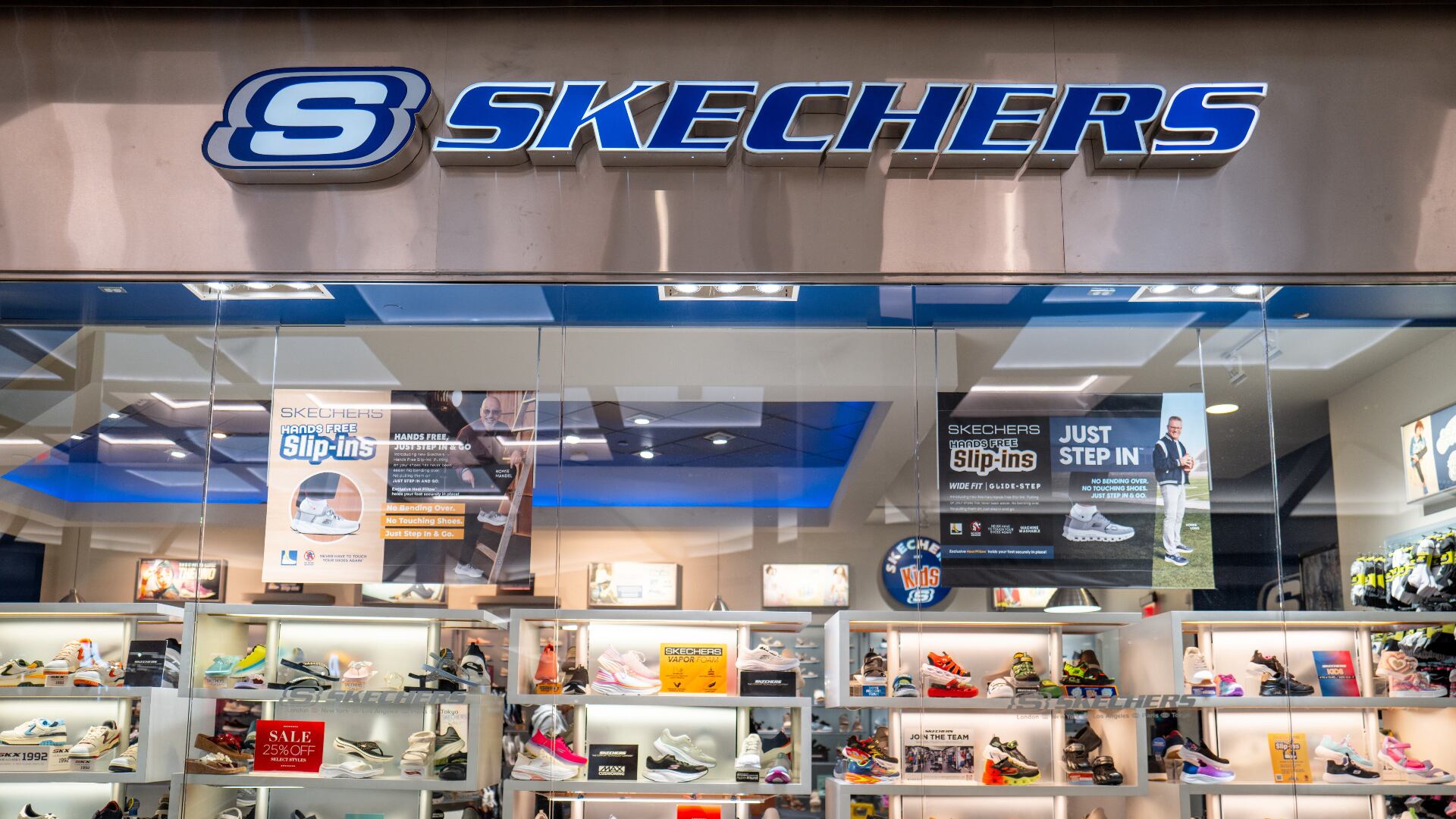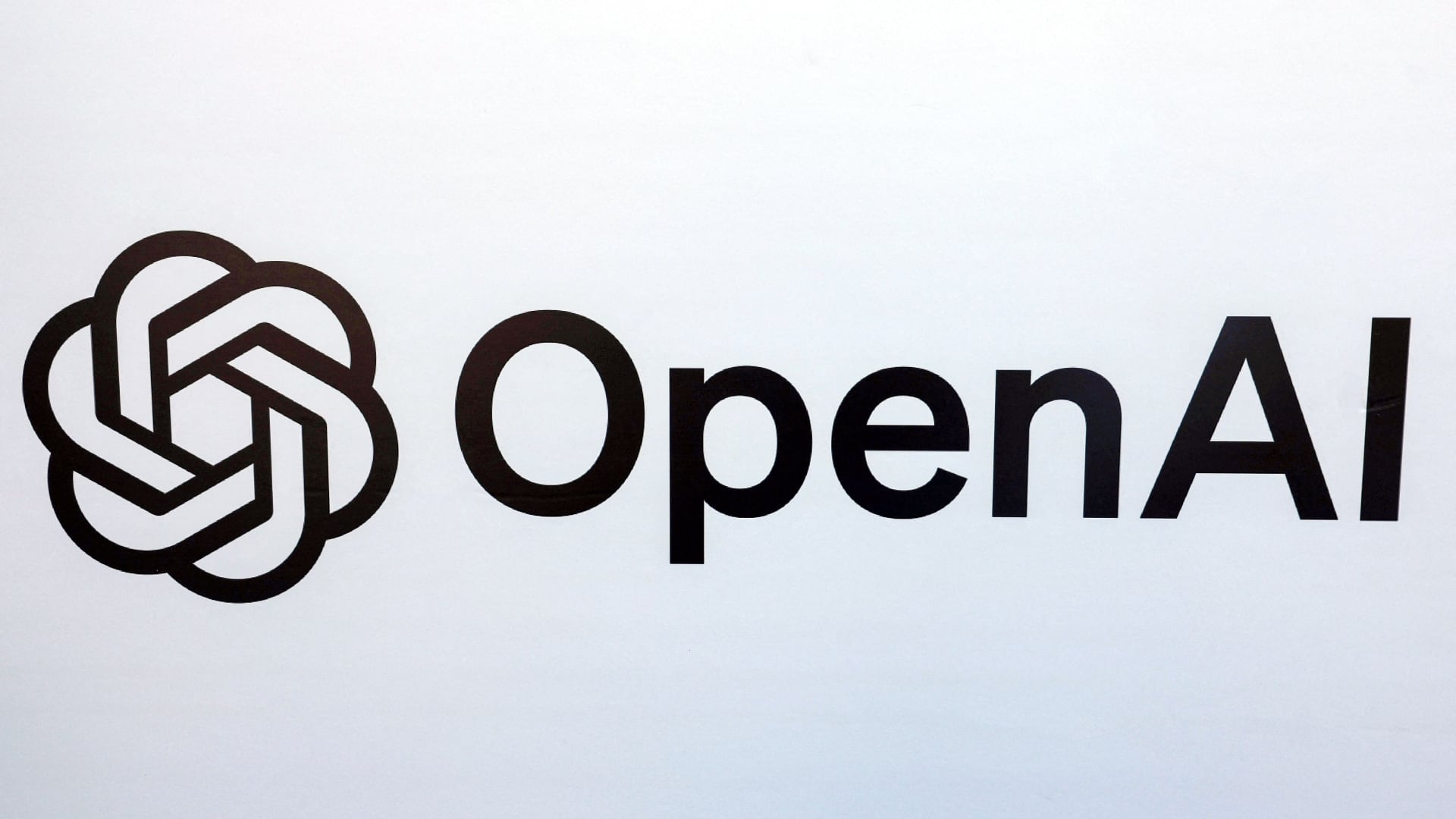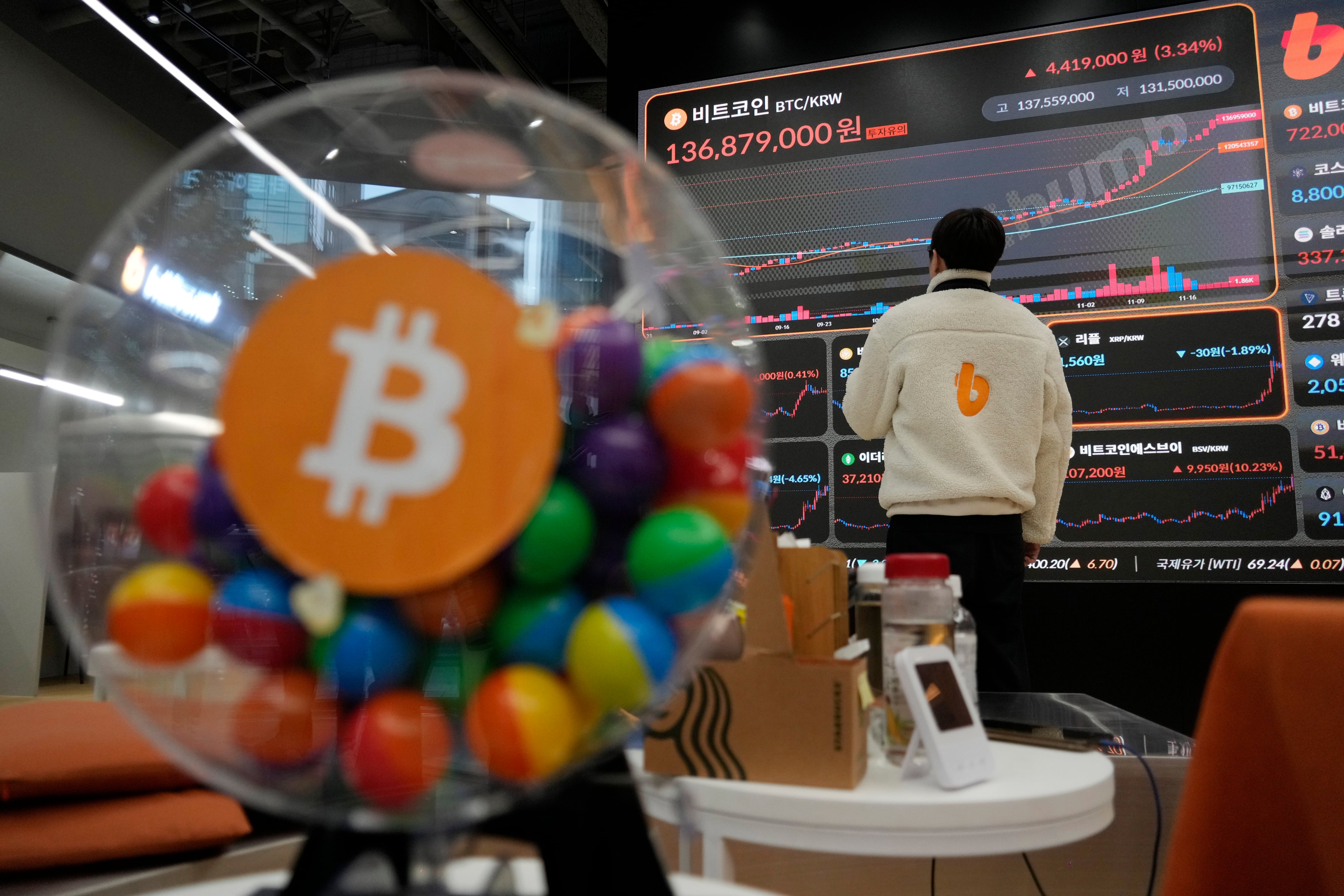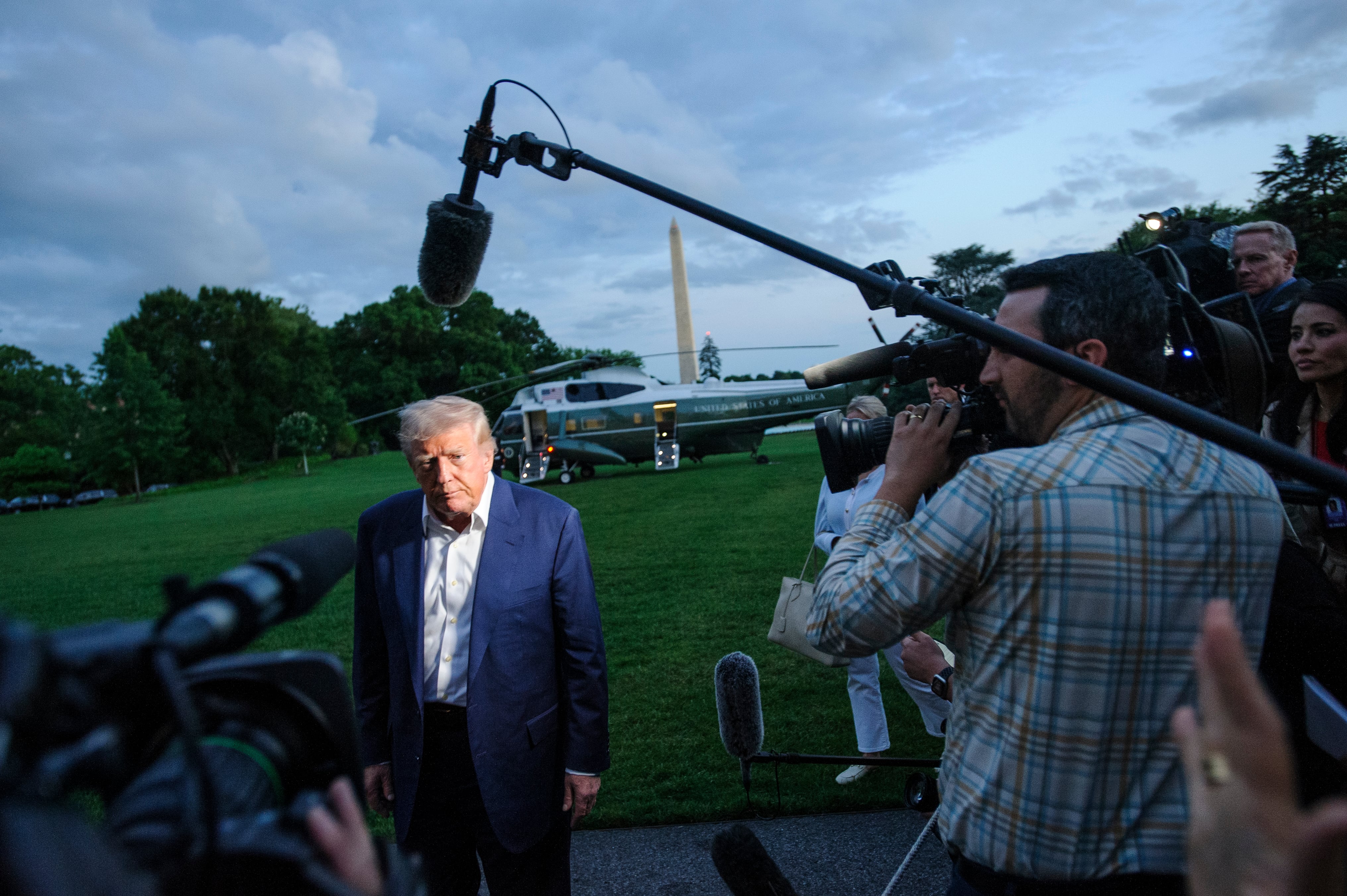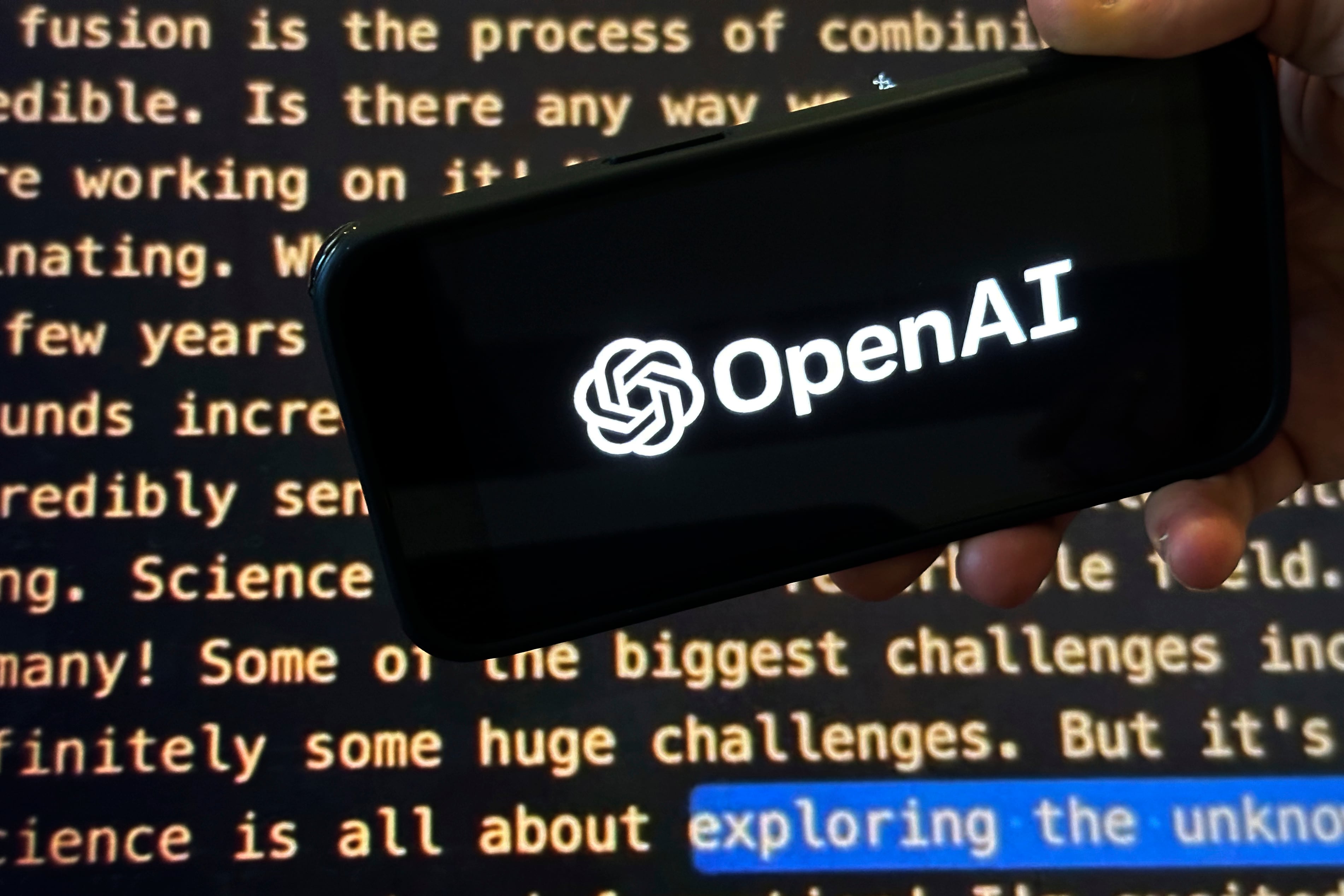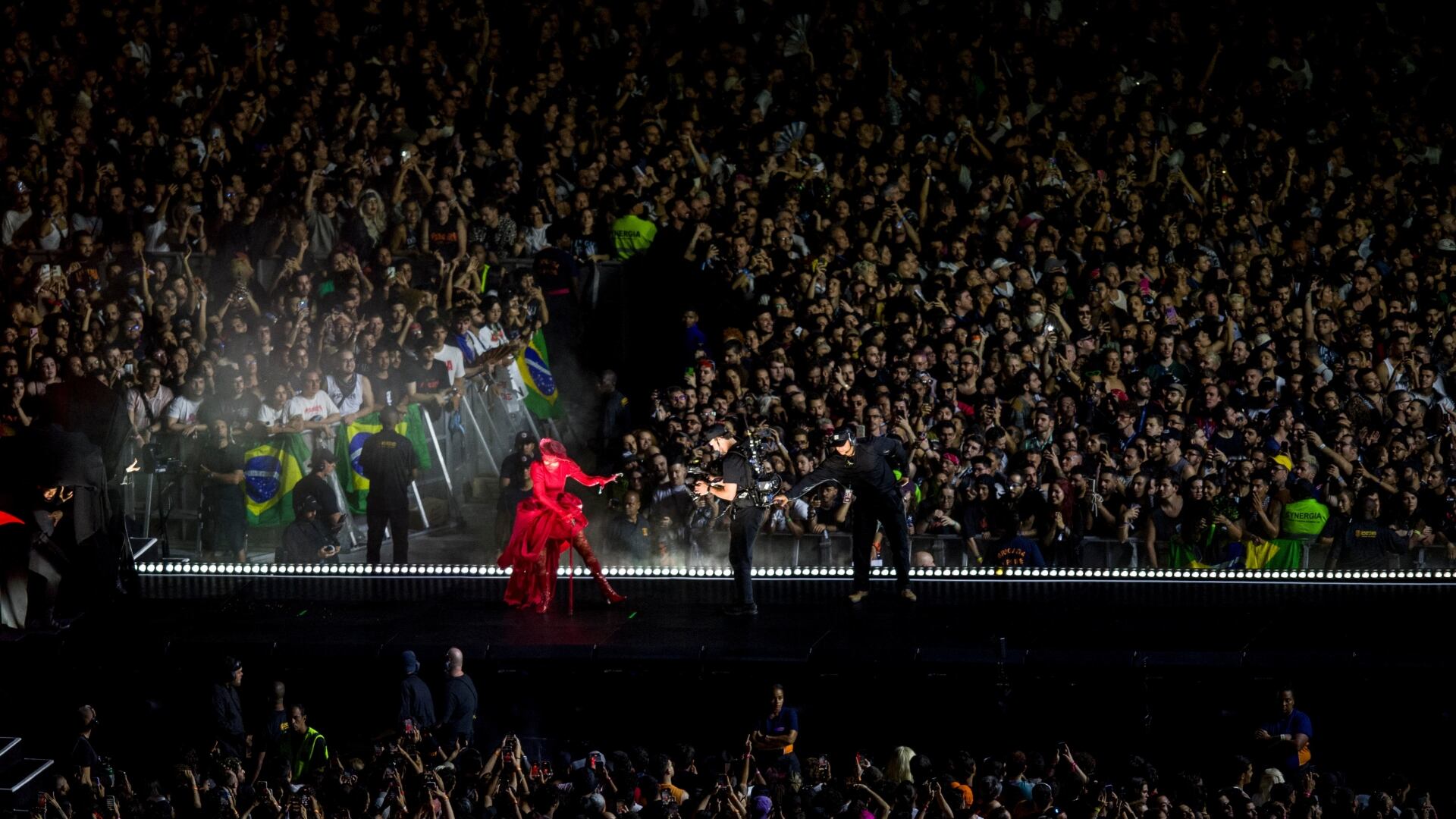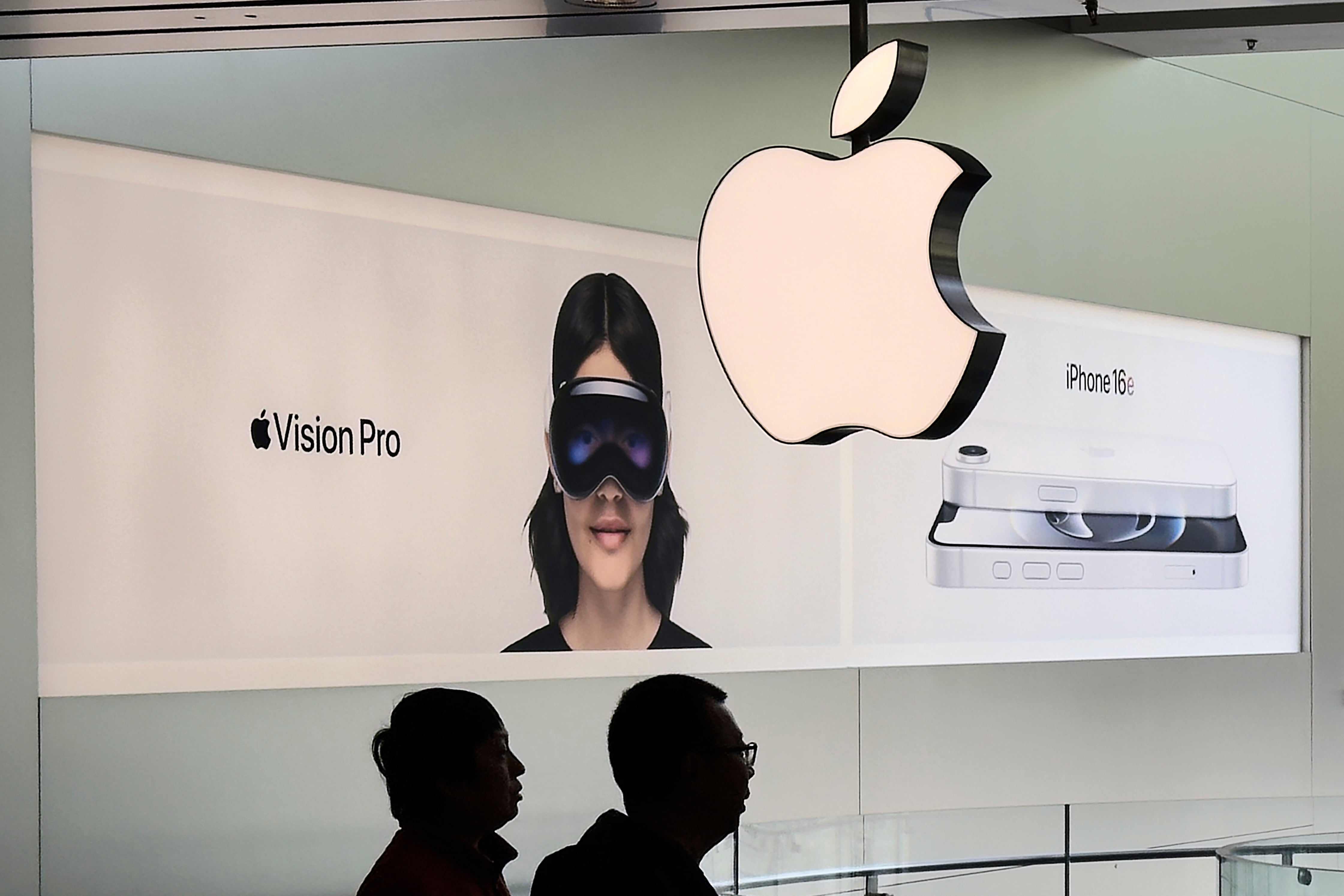By Matt Ott
More Americans applied for unemployment benefits last week, but not enough to raise concern about the labor market or broader economy.
Jobless claims rose to 218,000 for the week ending Dec. 23, an increase of 12,000 from the previous week, the Labor Department reported Thursday. The four-week average of claims, which smooths out week-to-week ups and downs, fell by 250 to 212,000.
Overall, 1.88 million Americans were collecting jobless benefits during the week that ended Dec. 16, an increase of 14,000 from the previous week.
Weekly unemployment claims are a proxy for layoffs. They have remained at extraordinarily low levels in the face of high interest rates.
The Federal Reserve started raising interest rates early last year to try to beat down the inflation that surged after an unusually strong economic rebound from the COVID-19 recession of 2020. The Fed has raised its benchmark rate 11 times since March of 2022.
Inflation has eased, but remains slightly above the Fed’s 2% target. The Fed has left rates alone at its last three meetings and is now signaling that it could cut rates three times next year.
When the Fed started raising rates, many economists predicted that the U.S. economy would slide into recession. But the economy and the job market have proven surprisingly resilient. The unemployment rate has come in below 4% for 22 straight months, the longest such streak since the 1960s. Hiring has slowed but remains healthy.
The combination of decelerating inflation and low unemployment has raised hopes that the Fed is managing a so-called soft landing: raising rates just enough to bring down prices without causing a recession.

